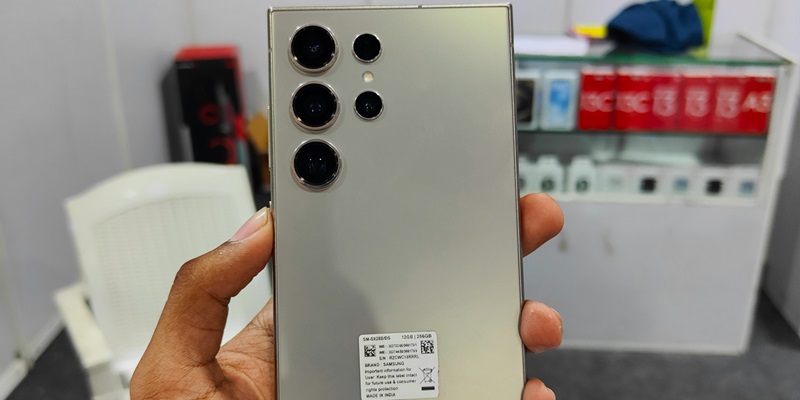The Samsung Galaxy S24 Ultra is at the forefront of smartphone innovation, yet it finds itself ensnared by a web of quality control issues that threaten to overshadow its technological advancements. Marketed as a premier device, its release has been marred with consumer reports flagging deficiencies that run counter to expectations. These concerns are not insignificant—they hint at systemic oversights in the design and manufacturing process. While Samsung has traditionally stood by its flagship offerings, the severity and persistence of reported problems pose hard questions about the brand’s commitment to excellence and the potential for lasting damage to consumer trust.
Display and Camera Complications
The visual experience provided by a smartphone’s display is fundamental to its appeal, and the Galaxy S24 Ultra’s screen is sadly not living up to its promise. Users have encountered a grainy texture that mars the display when brightness levels are dialed down. This is not a trivial flaw—it disrupts the viewing experience, a cornerstone of the device’s allure. This issue raises concern not only about the individual components used but also about the rigor of Samsung’s testing methodologies prior to release. Such a pervasive defect surfacing after launch hints at either a missed inspection or leniency in quality standards, neither of which is acceptable for a device that commands a premium.
In parallel, the Galaxy S24 Ultra’s camera system, a pivotal feature that often sways buyer decisions, is under scrutiny. Color inaccuracies and an unfortunate tendency for oversharpening erode the credibility of its imaging prowess. The telephoto lens, specifically, is criticized for how it handles images of white objects, sparking speculation about whether this is an isolated software glitch or indicative of deeper hardware limitations. A camera’s performance is sacrosanct in smartphones today, and the S24 Ultra’s apparent faults speak to potential oversights in component selection or software tuning, which are critical at this tier of the market.
Design Decisions Under Fire
The Samsung Galaxy S24 Ultra stands as a pinnacle of smartphone technology, but it’s currently embroiled in a controversy due to widespread quality control issues. Despite being heralded as a top-tier device, users are experiencing significant problems that cast a shadow over its innovative features. These issues are far from trivial as they suggest deep-rooted flaws in Samsung’s design and production stages. The company is known for backing its high-end models robustly, however, the extent and endurance of these problems raise serious concerns about their commitment to maintaining a high standard of quality. As these defects continue to emerge, they threaten to erode consumer confidence and question Samsung’s reputation for manufacturing excellence. The ongoing situation with the Galaxy S24 Ultra presents tough challenges for the brand, and the potential for longer-term repercussions on user loyalty is real.

